
Dentistry without pain: How a unique dental clinic in Mykolaiv is surviving during the war
07/07/2022
“On February 24, we woke up to the sound of explosions – we live near a military airfield. We immediately cancelled all appointments in our dental clinic, because we had no idea what was going on. We were worried about our employees and patients.” The voice of the young woman on the video phone call trembles as she remembers how full-scale war began for her family. As for most Ukrainians, Victoria Bogoslavska’s quiet life – her work, plans and dreams – has been put on hold since the Russian invasion of Ukraine began on February 24, 2022. Bogoslavska, the owner of a dental clinic, is from Mykolaiv, a city in the south of the country that Russian troops have already been trying to capture for four months, without success. Seemingly out of frustration, they now target it frequently with missiles, bombs and artillery shells. “At first, when there was no shelling and no air-raid sirens, we still operated our dental clinic and provided free medical care to everyone in need: adults, children, and military men,” says Bogoslavska. “We helped as long as we could, until they started shelling the city centre, where our clinic is located.” In one attack, a shell hit the courtyard of the house in which Bogoslavska’s clinic is situated, and the blast wave damaged one of its windows. When the shelling of residential areas intensified, the clinic’s employees were forced to close the medical centre and leave Mykolaiv. Bogoslavska and her three children had to go abroad, while her husband stayed in the city and started volunteering – most men aged 18 to 60 are not permitted to leave Ukraine under martial law.
Special care for children
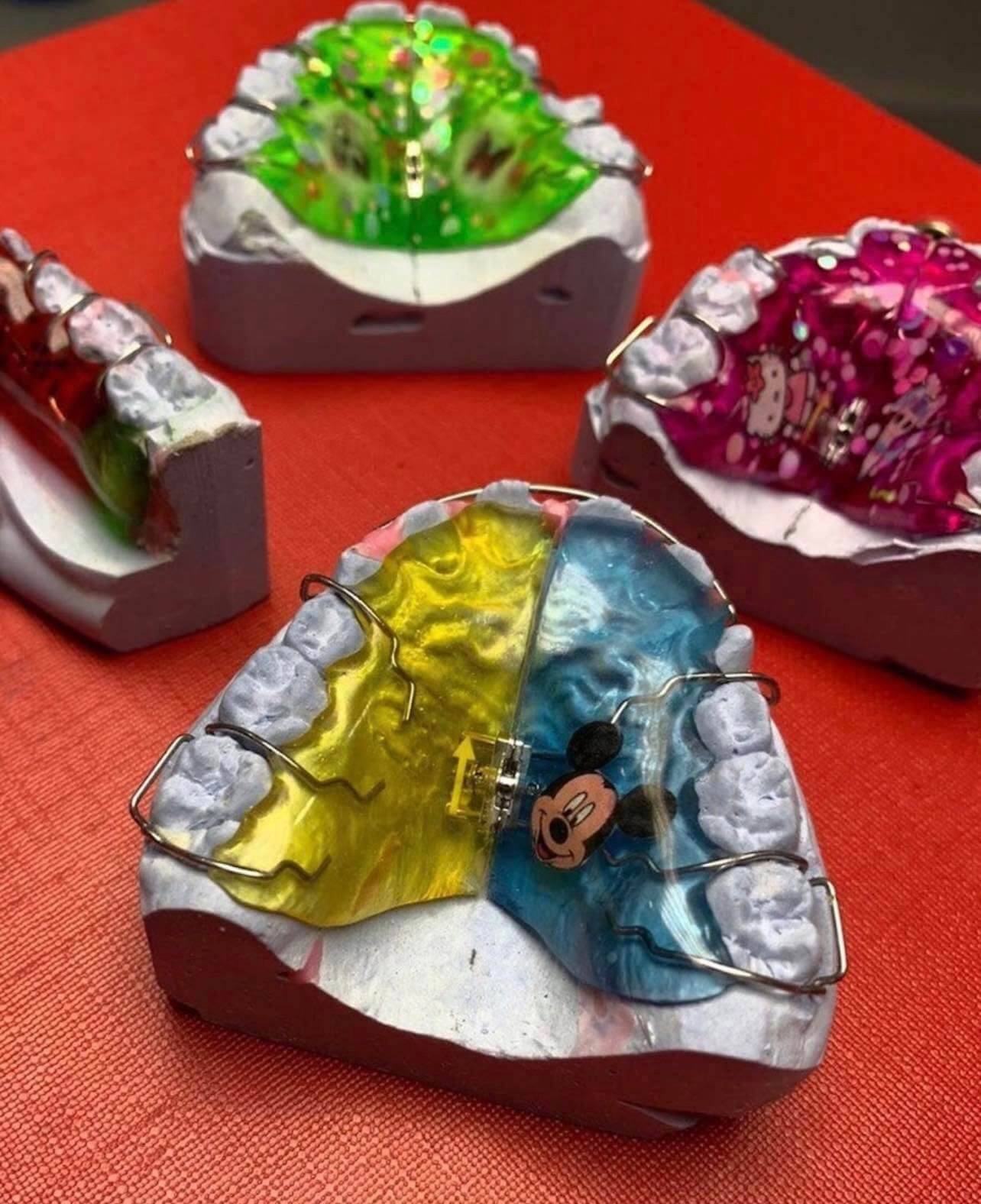
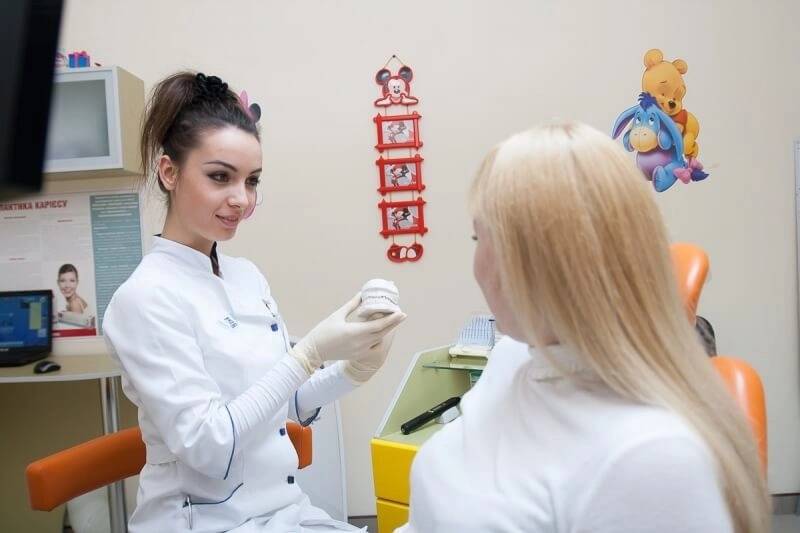
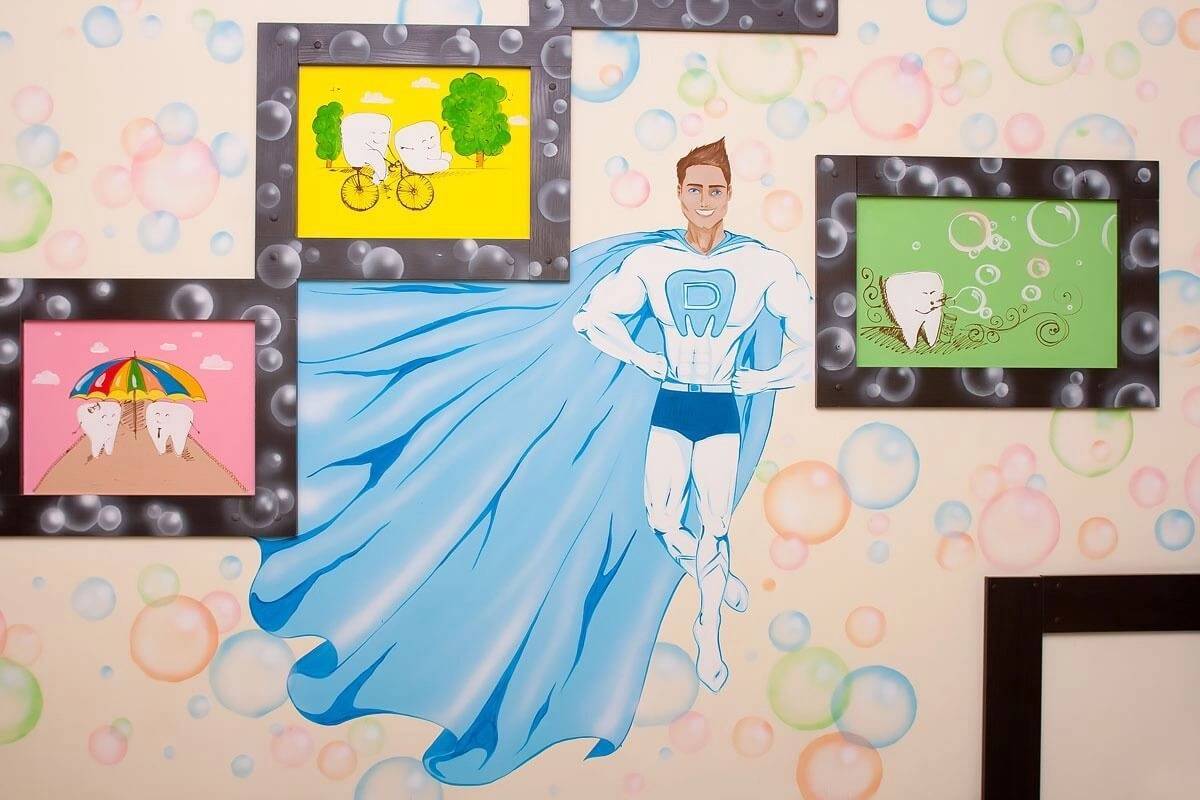
Bogoslavska and her husband founded their dental clinic, called the Centre for Family Dentistry, ten years ago. It is now not just a beloved and successful business – there is no other medical institution quite like it in Mykolaiv or the region: It specializes in pediatric dentistry and, in particular, in dental treatment for children with developmental disabilities. The centre does all it can to take the fear out of a visit to the dentist for children. Everything is set up so that from the moment they cross the clinic’s threshold, the minds of young patients are put at ease. “All the walls are painted especially for children, with scenes from cartoons, and with different cartoon characters,” says Bogoslavska. “The clinic’s offices and corridors are all bright and interesting. The kids don’t go to see Doctor Yulia Ivanovna, but visit Yulia, who will turn on their favourite cartoons, and explain everything about their treatment to them. We do the treatment in the form of a game in order to relax and calm the child as much as possible.” Everything is also done to make the treatment process itself as painless as possible. The clinic uses computer anaesthesia, in which a computer-controlled syringe is used to make almost painless injections into the gums. Using the equipment, the process of administering anaesthetic injections is made as gentle and effective as possible. Recently, the clinic added another rare and very important service – dental treatment in a medicated sleep, or general anaesthesia. This procedure is invaluable for treating children who have mental challenges, such as autism, cerebral palsy, and Down syndrome, but it can also be used for babies, and for adults who are terrified of dentists. Before the service was introduced at the clinic, residents of Mykolaiv had to go to Kyiv or Odesa for such treatment. The clinic purchased its special equipment with the help of a programme that supports investment projects for small- and medium-sized enterprises. The programme is funded by the German government and the EU under the EU4Business initiative, which is implemented by KfW. The equipment bought included an anaesthesia station, a syringe pump, a defibrillator and an oxygen concentrator. “The total cost of the equipment came to around EUR 28,000,” says Bogoslavska. “We took out a three-year loan at 18% interest per annum. We’d worked with different loans before – but the interest rates were always very high. In the 10 years of our work in the dentistry field, this has been the most affordable programme. It has clear conditions, it allows you to make quick decisions, receive funding quickly, and you get a lower interest rate.” For dental care under general anaesthetic, child and adult patients of the clinic first undergo a complete physical examination, and consult with an anaesthesiologist. The procedure itself is painless: a special anaesthetic mask is put on the face, the patient loses consciousness, and all dental procedures are carried out while the patient is in a carefully monitored medicated sleep.
Plans disrupted by war
In the year-and-a-half following the purchase of the equipment, the clinic carried out more than 500 treatment procedures under general anaesthesia. But after the Russian army’s invasion of the south and east of the country and the closure of the clinic, all treatment at the Centre of Family Dentistry came to a halt. That changed only a few weeks ago when, despite the ongoing shelling of Mykolaiv by the Russians, the first of the clinic’s dentists returned, and the centre was able to partially resume outpatient care. Bogoslavska’s husband manages the clinic while she is abroad, and the two entrepreneurs still have no idea when they will be able to resume full operations. Bogoslavska and her husband had also been planning to build a new medical centre, at which they would provide not only dental care, but a full range of medical services. Construction of the new centre started before Russia’s full-scale invasion of the country, and they had managed to lay the foundations of the building. Then everything had to stop. But Bogoslavska and her husband plan to resume construction of their new centre after Ukraine’s victory in the war. Meanwhile, even after months without work, without profit, Bogoslavska is not thinking of moving her business to another city in Ukraine, further from the front line. Mykolaiv is her home, and she is sure she will return there to resume the full work of her clinic. After all, given all that the children of the city have had to go through in the war, they should at least be able to go to the dentist again without being afraid, she says.
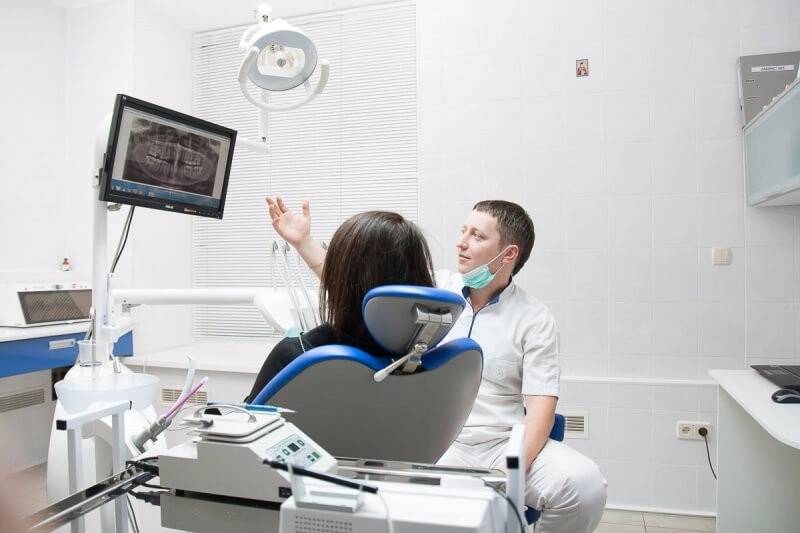

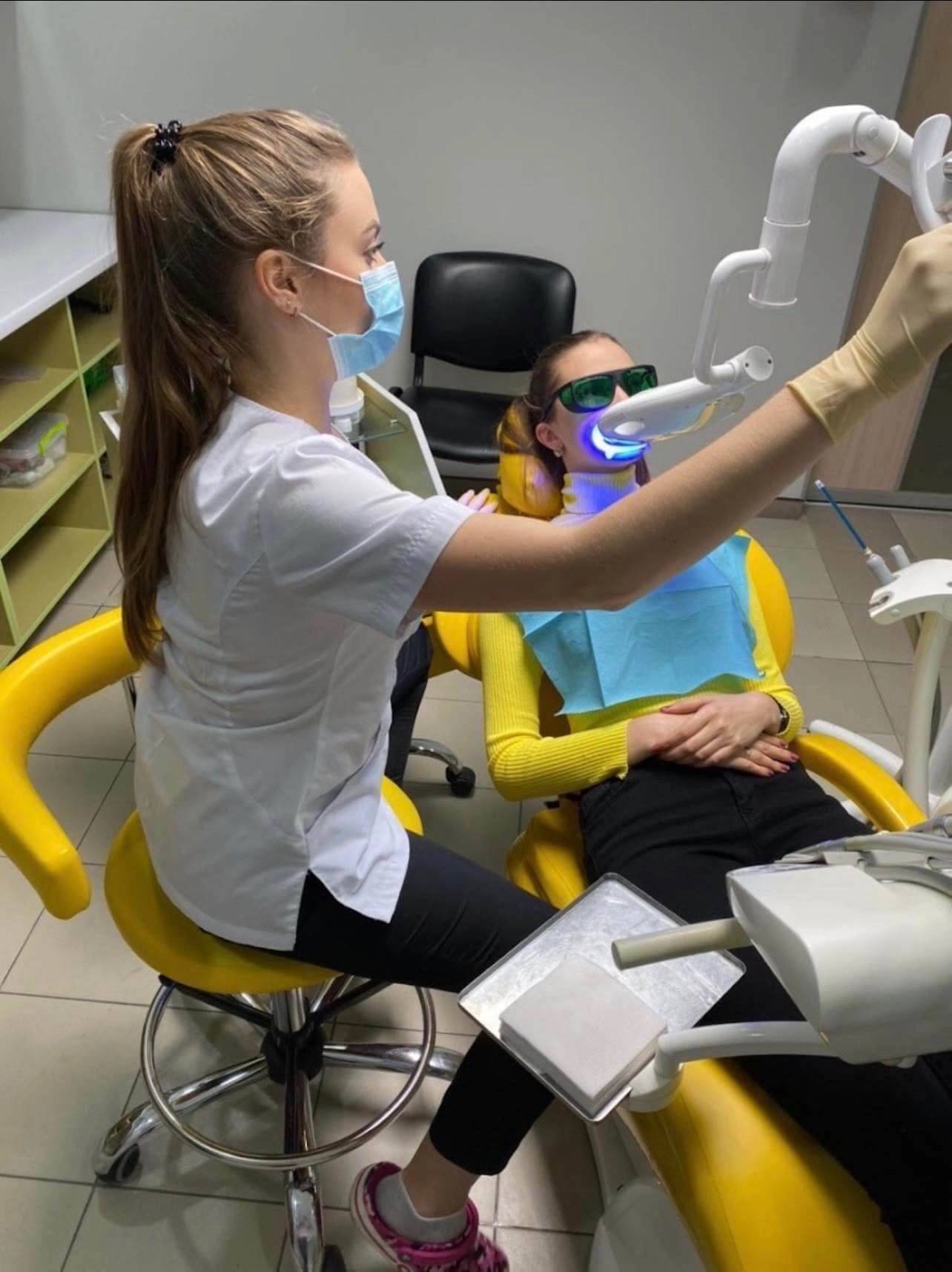
Stories
-
Katarina Mathernova: If Ukraine had a human face and a human spirit, it would be 10-year-old Roman Oleksiv
-
A regional mission to drive social entrepreneurship: the story of Ksenia Kosukha
-
EU restores safe water supply for 100,000 Ukrainians affected by war
-
Promoting IT during the war: Lviv IT cluster and how EU4Digital helps
-
Frontline digitalisation: Kharkiv IT Cluster collaborations
-
How EU4Youth is driving opportunity and success among young Ukrainians